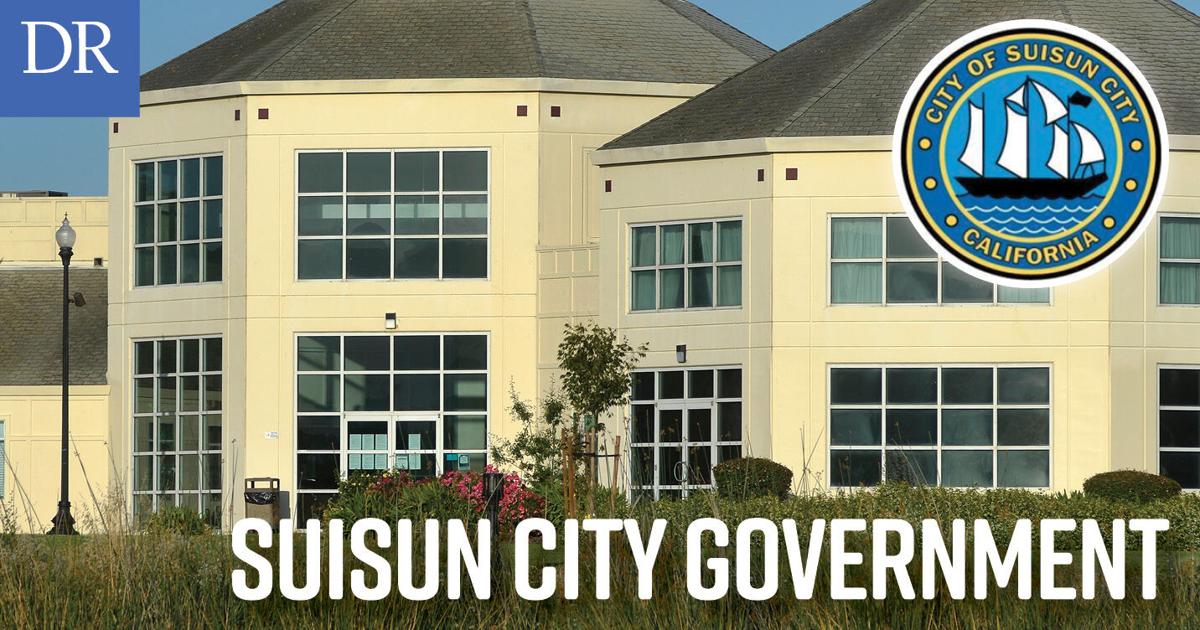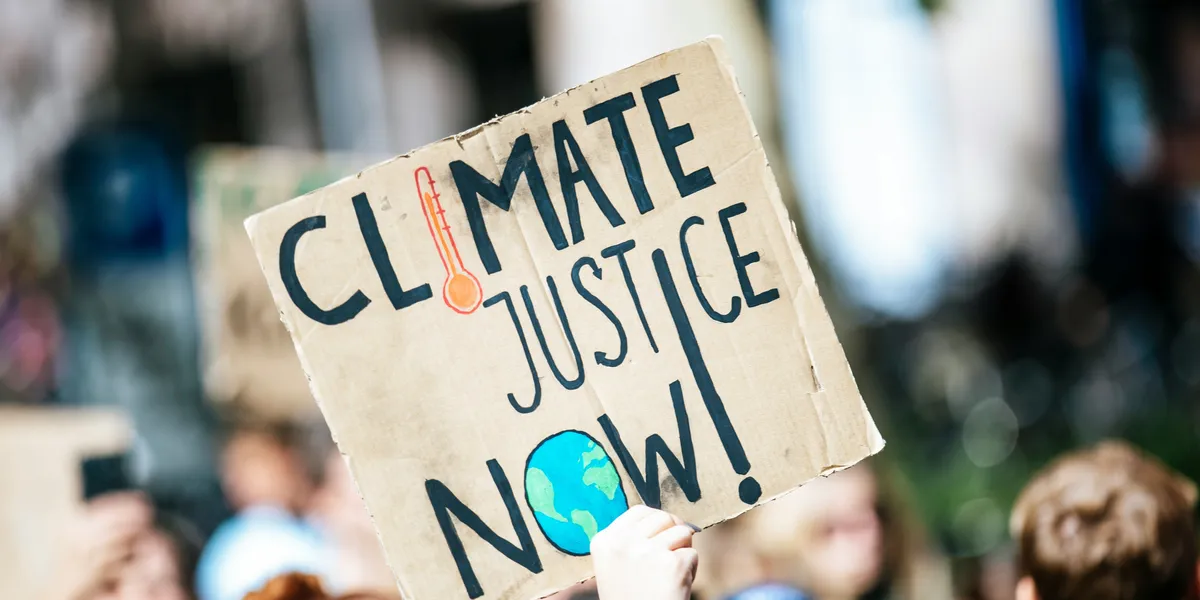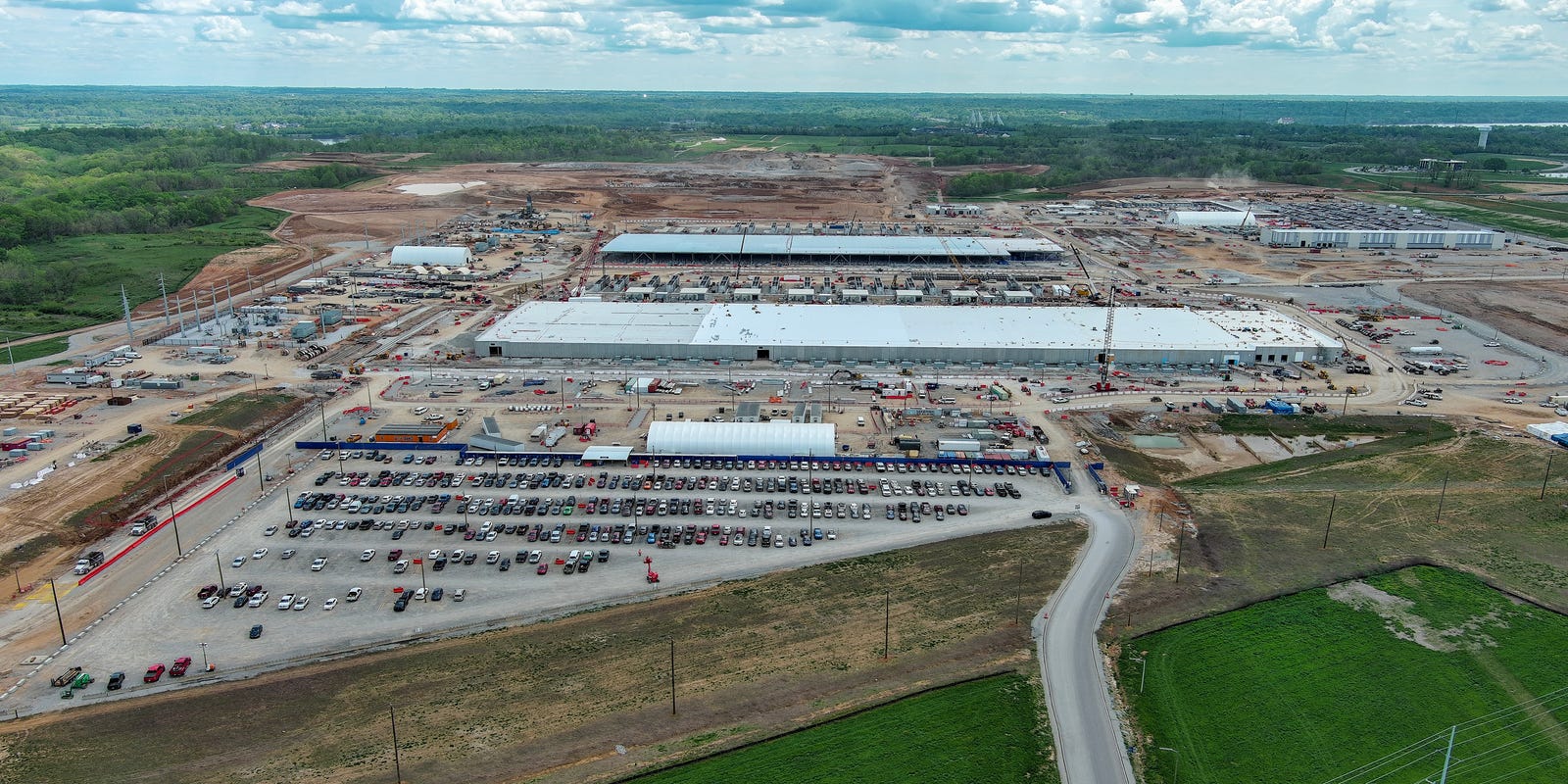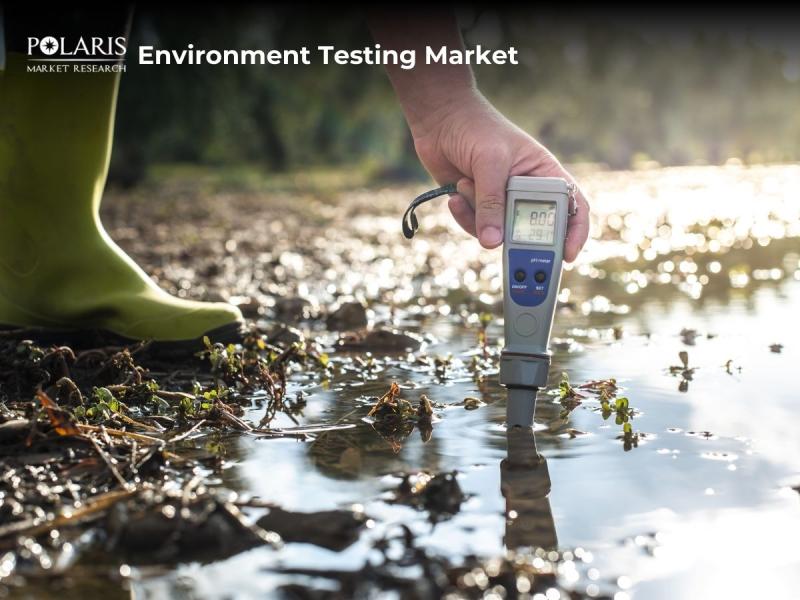
Green State Under Siege: California's Environmental Safeguards Face Unprecedented Challenge
In a pivotal week for environmental policy, California finds itself at the crossroads of regulatory innovation and legal challenge. The state's longstanding leadership in setting stringent environmental standards is facing unprecedented scrutiny, with potential implications for climate action nationwide. Meanwhile, Tesla's innovative trajectory appears to be experiencing turbulence, as Elon Musk grapples with strategic challenges in revitalizing the electric vehicle giant's momentum. The company's once-unassailable market position now seems more precarious than ever. On a promising note, the domestic lithium-sulfur battery sector is emerging as a bright spot of technological innovation. This breakthrough could potentially revolutionize energy storage, offering a more sustainable and efficient alternative to traditional battery technologies, and signaling hope for a greener technological future. These interconnected developments underscore the complex and dynamic landscape of environmental policy, technological innovation, and sustainable energy solutions in the current climate.









